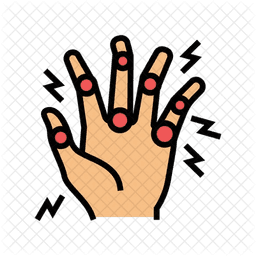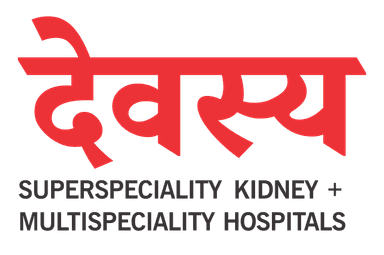Juvenile Rheumatoid Arthritis Treatments & Surgery
How Devasya Hospital Helps with Juvenile Rheumatoid Arthritis?
Devasya Hospital in Ahmedabad is dedicated to providing expert care for children and adolescents with Juvenile Rheumatoid Arthritis. They offer access to the best pediatric rheumatologists and the best rheumatologist doctor in Ahmedabad who specialize in managing autoimmune and inflammatory conditions in young patients. Devasya Hospital's approach involves comprehensive evaluation, accurate diagnosis, and personalized treatment plans tailored to each child's specific needs and symptoms. The hospital's commitment to pediatric rheumatology ensures that children with Juvenile Rheumatoid Arthritis receive the highest standard of care, allowing them to lead healthier and more fulfilling lives.
At Devasya Hospital, the emphasis is not only on symptom management but also on enhancing the overall well-being of young patients. The expert team of rheumatologists collaborates with children and their families to ensure effective treatment, minimize the impact of the condition on daily life, and promote the best possible outcomes for those affected by Juvenile Rheumatoid Arthritis.
FAQs
Juvenile Rheumatoid Arthritis (JRA), also known as Juvenile Idiopathic Arthritis (JIA), is a chronic autoimmune inflammatory condition that affects children and adolescents under the age of 16. It primarily involves persistent joint pain, swelling, and stiffness.
The exact cause of Juvenile Rheumatoid Arthritis is not well understood, but it is believed to result from a combination of genetic and environmental factors. It is considered an autoimmune disorder where the body's immune system mistakenly attacks healthy joint tissues.
Arthritis can affect individuals of all ages, including children. Juvenile Rheumatoid Arthritis specifically impacts children and adolescents under the age of 16.
Common symptoms of Juvenile Rheumatoid Arthritis include persistent joint pain, swelling, warmth, stiffness, fatigue, weakness, and in some cases, fever. These symptoms can vary in severity and duration.
Diagnosing Juvenile Rheumatoid Arthritis typically involves a combination of medical history, physical examination, imaging tests, and blood tests to assess inflammation and rule out other conditions. Diagnosis is usually made by a pediatric rheumatologist.
Treatment options for Juvenile Rheumatoid Arthritis may include medications (NSAIDs, DMARDs, biologic agents), physical therapy, lifestyle modifications, joint injections, and, in severe cases, surgery such as joint replacement. Treatment plans are individualized based on the type of JRA and its severity.



